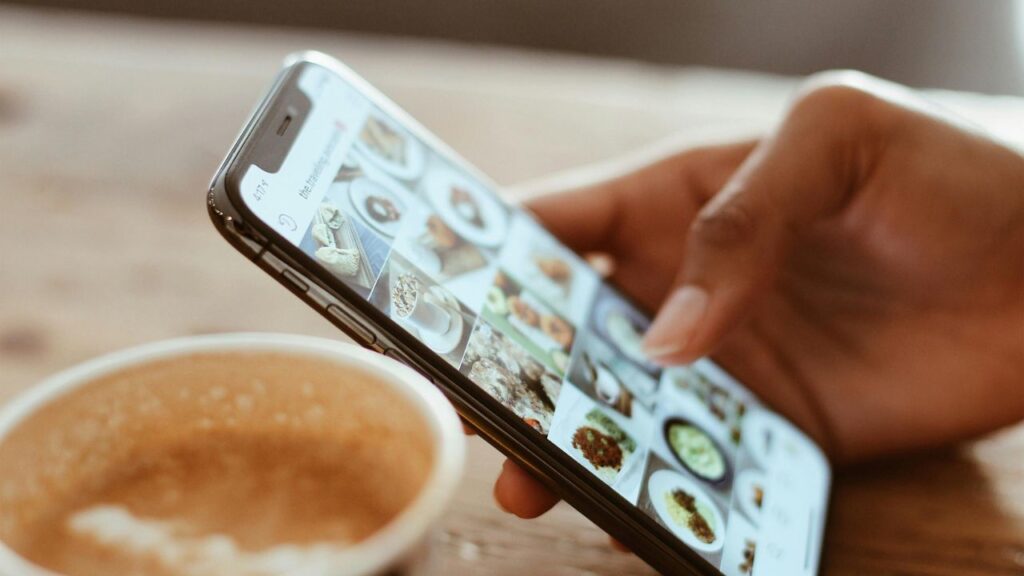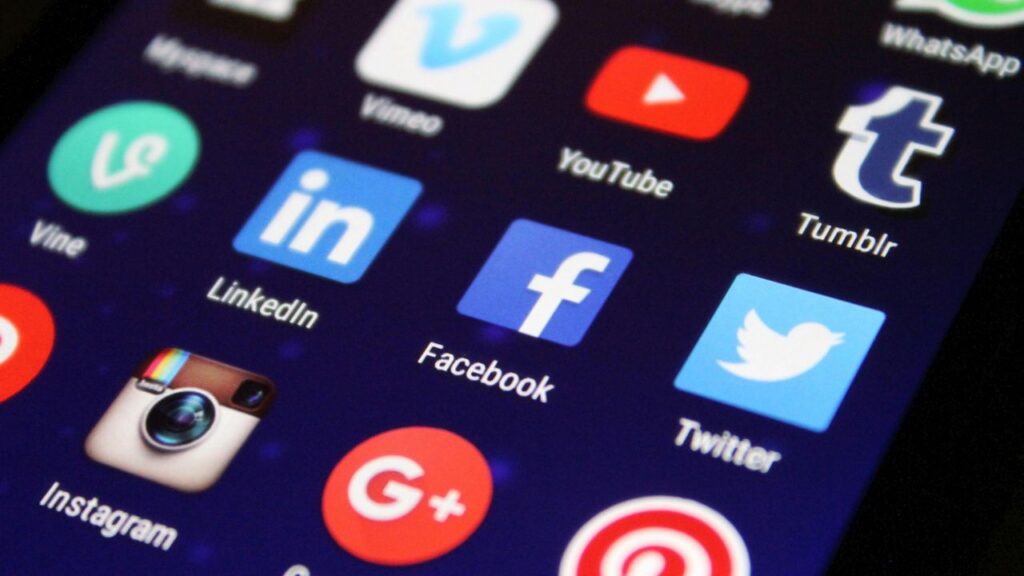In today’s digital age, social media has become an integral part of our daily lives. For individuals managing mental health conditions, navigating these platforms can present unique challenges and opportunities. This comprehensive guide explores the complex relationship between social media use and mental health, offering practical strategies for maintaining a healthy online presence while prioritizing your well-being.
The Double-Edged Sword: Benefits and Risks of Social Media Use
Social media can be both a blessing and a curse for those managing mental health conditions. Understanding these contrasting aspects is crucial for developing a balanced approach to social media use.
Potential Benefits:
- Connection and support from peers with similar experiences
- Access to mental health resources and information
- Platforms for self-expression and creativity
- Opportunities to raise awareness about mental health issues
Potential Risks:
- Increased feelings of anxiety, depression, and loneliness
- Negative self-comparison and lowered self-esteem
- Exposure to cyberbullying or harmful content
- Disrupted sleep patterns due to excessive use
- Potential triggers for various mental health conditions
Impact on Specific Mental Health Conditions
Different mental health conditions may be affected by social media use in various ways:
Depression
- Excessive social comparison may exacerbate feelings of inadequacy
- Constant exposure to curated “highlight reels” can worsen mood
- However, online support groups can provide valuable connections
Anxiety
- Fear of missing out (FOMO) can increase anxiety levels
- Online interactions may exacerbate social anxiety
- Mindfulness apps and relaxation content can offer coping strategies
Eating Disorders
- Exposure to unrealistic body standards can trigger disordered eating behaviors
- Pro-recovery communities can provide support and motivation
- Careful curation of feed is crucial to avoid triggering content
Strategies for Healthy Social Media Use
Implementing these strategies can help you maintain a positive relationship with social media:
Set Time Limits
- Use built-in app timers or third-party apps to monitor and limit usage
- Designate specific “social media-free” times during your day
Curate a Positive Feed
- Unfollow or mute accounts that consistently make you feel negative
- Seek out accounts that inspire, educate, or bring joy
- Follow mental health professionals and organizations for reliable information

Practice Mindful Scrolling
- Be aware of your emotions while using social media
- Ask yourself: “How does this content make me feel?”
- Take breaks if you notice negative emotions arising
Recognize and Manage Triggers
- Identify content that may trigger symptoms of your condition
- Use content warnings and filtering options when available
- Have a plan in place for when you encounter triggering content
Use Privacy Settings Effectively
- Regularly review and update your privacy settings
- Be selective about what you share and with whom
- Remember that online privacy is never guaranteed
Addressing Social Comparison
Social comparison on social media can significantly impact mental health. Here are some strategies to mitigate its effects:
- Remember that social media often shows a curated version of reality
- Focus on your personal growth rather than comparing yourself to others
- Practice gratitude for the positive aspects of your own life
- If comparison is a major issue, consider taking a break from certain platforms
Leveraging Social Media for Mental Health Support
When used mindfully, social media can be a powerful tool for mental health support:
- Join online support groups moderated by mental health professionals
- Follow accounts that share evidence-based mental health information
- Use social media to connect with therapists or support services
- Share your own experiences to help others (only if you feel comfortable and safe doing so)
Recognizing Problematic Social Media Use
Signs that your social media use may be negatively impacting your mental health include:
- Feeling anxious or depressed after using social media
- Compulsively checking platforms multiple times an hour
- Neglecting real-life relationships or responsibilities due to social media use
- Experiencing withdrawal-like symptoms when unable to access social media
Social Media and Substance Use Recovery
For individuals in recovery from substance use disorders, social media presents unique challenges:
- Exposure to substance-related content may trigger cravings
- Social media can be used to maintain connections with drug-using peers
- However, online recovery communities can provide valuable support and accountability
How Destination Hope Addresses Social Media Use
At Destination Hope, we recognize the significant role social media plays in the lives of our clients. Our approach includes:
- Education on healthy social media habits as part of our treatment programs
- Providing tools and strategies for using social media to support recovery
- Offering ongoing support for navigating online challenges in the recovery journey
Remember, it’s possible to enjoy the benefits of social media while protecting your mental health. If you’re struggling to find this balance, professional help is available.
Don’t hesitate to reach out for support in managing your social media use and mental health. Call Destination Hope today at 888-989-1479 to learn more about our programs and how we can help you develop a healthy relationship with social media while prioritizing your mental well-being.
